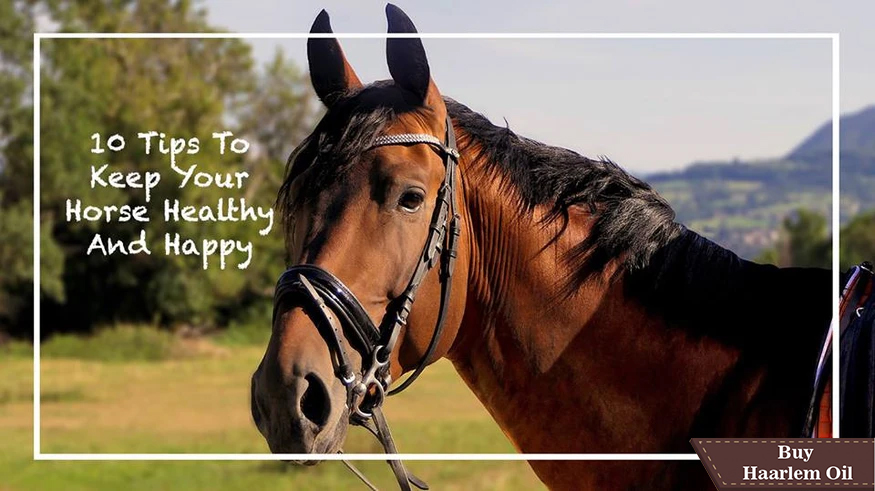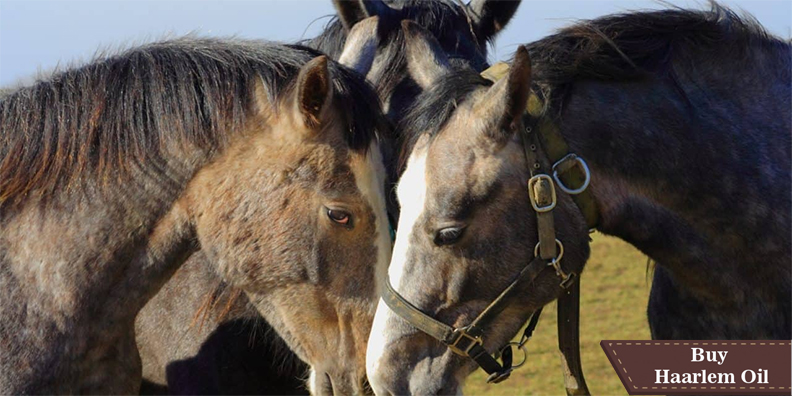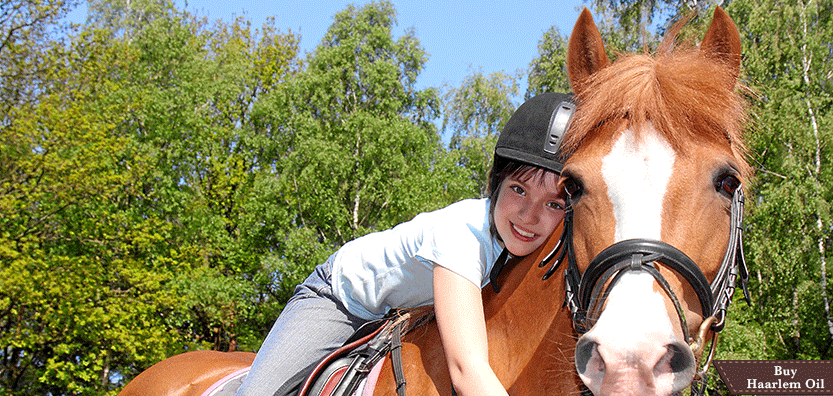10 Tips To Keep Your Horse Healthier and Happy | Horses Haarlem Oil 2021
Your horse charges across a field, his jacket shining, his walk overflowing. He’s the perfect example of wholeness and wellbeing and joy, and it’s the way you love to see him. Getting- – and keeping- – him there, in any case, is the test. May some improve goals for the benefit of his well being be all together?
We suspect as much. To support your conceptualizing endeavors along this line, we reached four pony wellbeing specialists for their goals commendable counsel. Their tips cover a scope of classifications, from focusing on your pony’s fundamental requirements to respecting his equine nature.



Comments
Post a Comment